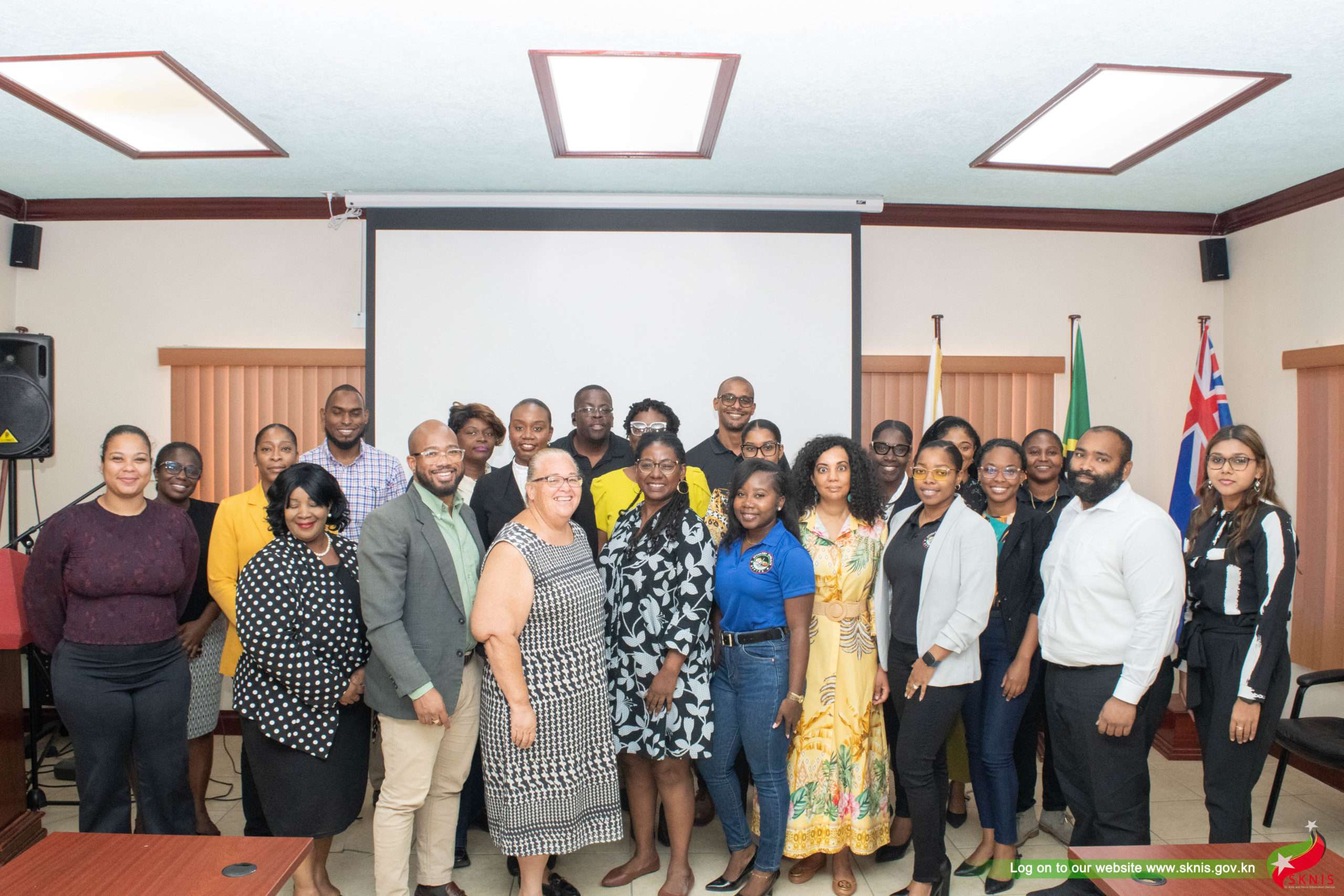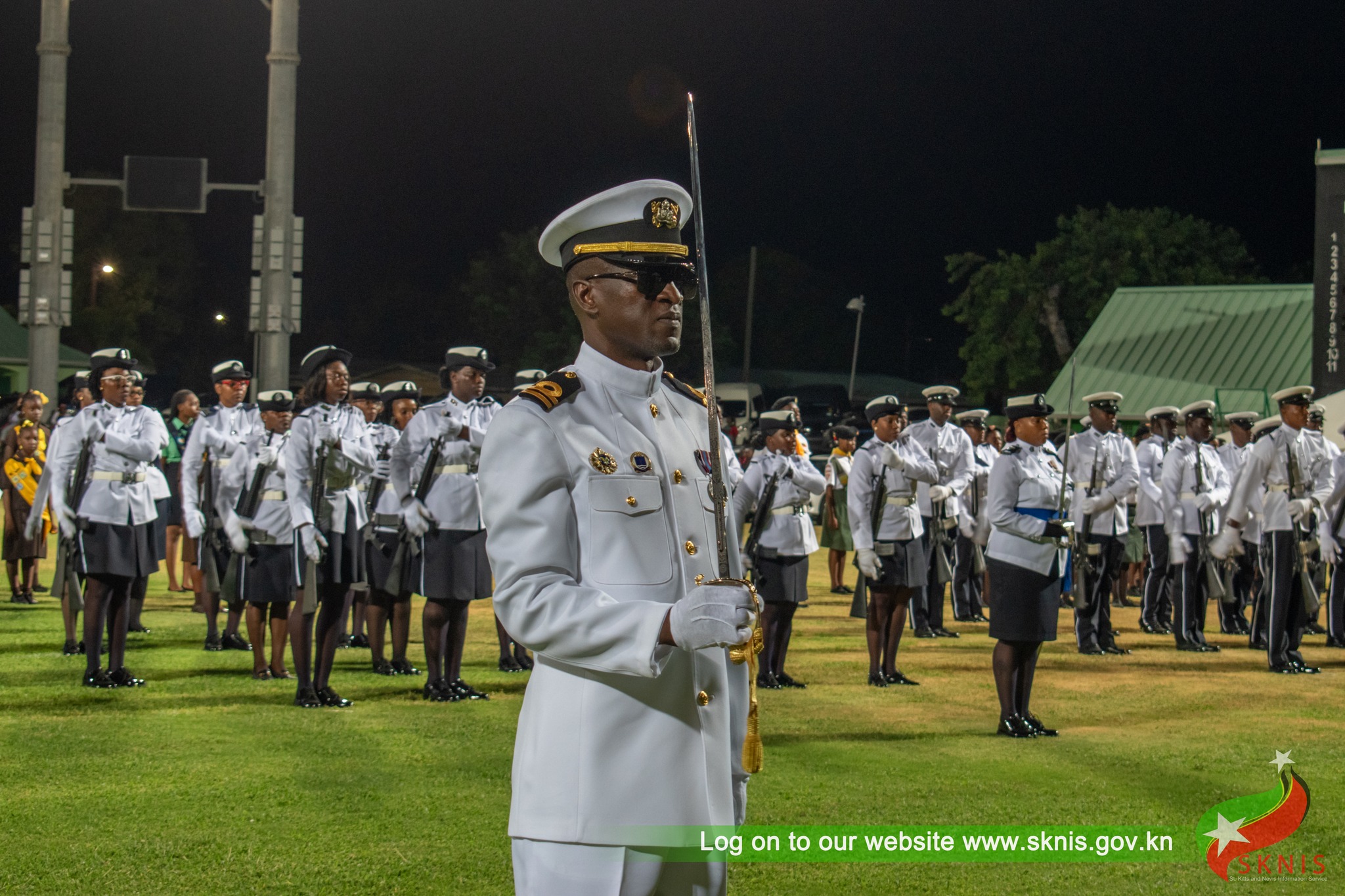Ministry of Justice Advances Human Rights-Based Justice Reform through UN Training for Prosecutors
The Attorney General’s Office and the Ministry of Justice and Legal Affairs of Saint Kitts, in collaboration with the CARICOM Regional Office of the United Nations High Commissioner for Human Rights (OHCHR), conducted a two-day training workshop on July 24-25, 2025, focused on integrating international human rights standards into prosecutorial and civil advisory practices within the justice system. This initiative, titled “International Standards and Best Practices on Human Rights in the Administration of Justice,” underscores the government’s commitment to modernizing the administration of justice and promoting a human rights-based approach across all legal functions. The workshop aimed to equip Crown Counsels, who handle both criminal and civil matters, with the knowledge and tools to uphold human rights principles in their diverse roles, encompassing litigation, policy review, and legislative advice.
The training, facilitated by OHCHR representatives, employed an interactive and participatory methodology to explore key human rights themes. These included legal safeguards during arrest, detention, and pre-trial procedures, emphasizing due process and the protection of individuals’ rights throughout the criminal justice process. Fair trial rights and the corresponding responsibilities of prosecutors were also central, highlighting the importance of impartiality, the presumption of innocence, and the right to a fair hearing. The workshop further addressed the crucial principles of independence and impartiality for all actors within the justice system, recognizing that unbiased and objective decision-making is essential for maintaining public trust and ensuring equitable outcomes. Lastly, the training examined access to justice and the principle of non-discrimination, particularly for vulnerable populations, aiming to ensure that everyone has equal opportunity to seek redress and protection under the law, regardless of their background or circumstances.
The training delved into the interconnectedness of these human rights standards with various aspects of the legal system, including criminal justice processes, civil proceedings, public administration, and legislative reform. Participants explored how international norms should inform both criminal prosecutions and the State’s broader obligations in other legal areas. The workshop facilitated a crucial dialogue on aligning local practices with globally recognized human rights standards, encouraging critical assessment and fostering a commitment to continuous improvement in the pursuit of justice. This exchange of knowledge and best practices aimed to bridge any gaps between existing procedures and international human rights frameworks, ensuring that Saint Kitts’ legal system reflects the highest standards of fairness and respect for fundamental rights.
Attorney General Garth Wilkin emphasized the importance of strengthening the human rights capacity of Crown Counsels, recognizing that their advisory and prosecutorial roles are critical for a rights-respecting and efficient justice system. By equipping these legal professionals with a deep understanding of human rights principles, the government aims to ensure that these standards are embedded in every stage of the legal process. The workshop was thus a vital step in advancing the government’s vision for a justice system that consistently upholds principles of dignity, proportionality, and the rule of law, fostering a culture of respect for human rights within the legal profession and throughout the broader society.
This training initiative forms part of a wider justice reform agenda being pursued by the government of Saint Kitts. This agenda encompasses various strategies to enhance the effectiveness and fairness of the justice system, including efforts to reduce the backlog of cases, which can significantly delay access to justice. It also includes improving coordination among different legal institutions to streamline processes and ensure a more cohesive approach to addressing legal issues. Furthermore, the agenda emphasizes the importance of fostering a performance-based culture within the justice sector, promoting accountability and continuous improvement in the delivery of justice services.
The workshop signifies the Ministry’s dedication to collaborating with partners to achieve accessible, fair, and accountable justice for all citizens. By partnering with international organizations like OHCHR, the government demonstrates its commitment to learning from best practices and integrating global standards into its national legal framework. This commitment to continuous improvement in the justice system reflects a broader dedication to upholding the rule of law and ensuring that all citizens have equal access to a fair and efficient system of justice that respects their fundamental rights. This partnership approach strengthens the capacity of the justice system to respond effectively to the evolving needs of society while maintaining adherence to internationally recognized human rights principles.
Share this content:











Post Comment